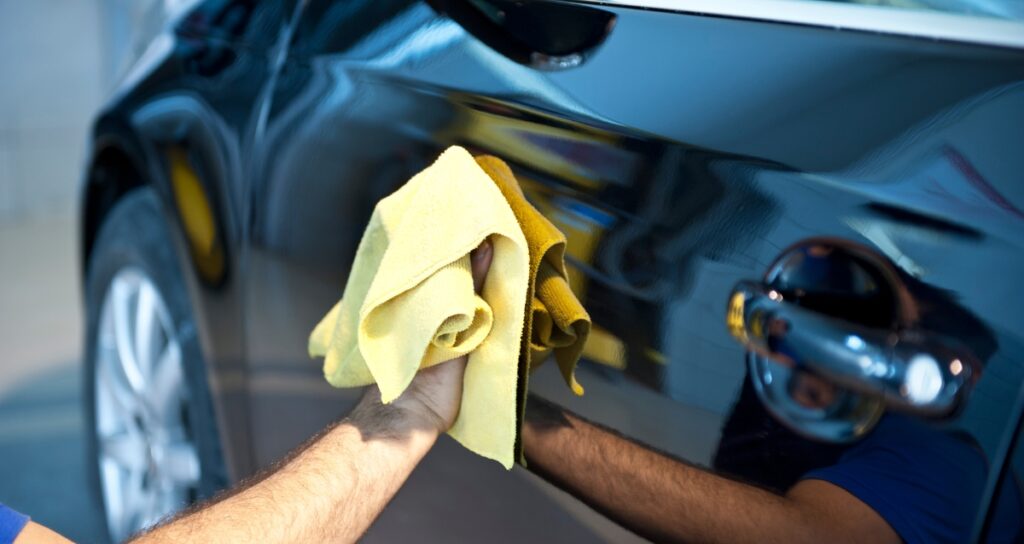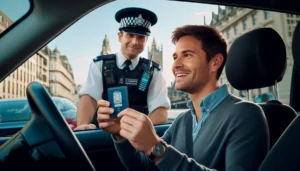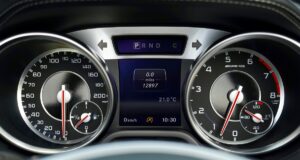Here, we’re looking at seven ways that you can save money on car ownership. Some will save you a few pennies a day while others could shave hundreds of pounds off your annual outlay, but each one can help you plan your budget and reduce your motoring costs.
1. Drive smarter
Squeezing a few extra miles out of a tank of fuel is hugely satisfying, not to mention good for your wallet. Driving more efficiently isn’t hard to do and it’ll make a difference whether you’ve got a compact city car or a high-performance saloon.
Our guide to the top 10 fuel-saving tips features five ways you can drive in a way that’s more efficient. Our key advice is to anticipate the road ahead and accelerate and brake as gently as possible.
Using a higher gear can help reduce fuel consumption, too, and you could also consider planning your journey to avoid the rush hour or any notorious traffic hotspots because stop-start driving in congested traffic is bad for your car’s mpg.

Sign up for exclusive offers & advice
Receive regular car-buying tips, selling advice and more, straight to your inbox.
2. Make your car more efficient
We’ve looked at ways to make your car more fuel-efficient in our guide to the top 10 fuel-saving tips because cutting the cost of motoring begins before you even get in your car.
Carrying your sports kit in the boot might be convenient, but the more weight you’re carrying the harder your car’s engine has to work. For similar reasons, you could consider not filling the fuel tank completely – around three-quarters full is the best balance when it comes to weight and mpg.
A roof box might come in handy on a family holiday, but you should remove it when you return home because it creates extra wind resistance at speed, which again causes your car’s engine to work harder. For the same reason, you should keep the windows shut and remove your roof rack if you have one.

3. Maintain your car properly
A healthy car is a happy car. Regular servicing and maintenance will ensure your car works as efficiently as possible, reducing the amount of fuel it consumes.
Proper maintenance can also help spot a potential problem and allow you to get it fixed before it becomes worse – and likely a lot more costly to repair.
Another simple way to reduce the cost of motoring is to keep your car’s tyres pumped up to the recommended pressure. An underinflated tyre creates more resistance and your car will have to burn more fuel to overcome it.
Checking and inflating your tyres at a petrol station could cost a pound a visit, but you can buy a good portable tyre compressor for as little as £15. This could pay for itself in a few months, especially if you own more than one car.

4. Shop around for the best insurance deals
Searching for car insurance deals has never been easier because price comparison websites do most of the work for you. You should never take your annual renewal notice at face value. There’s little reward for loyalty in the car insurance world, so shop around for the best deals.
Other ways to save money on car insurance include paying for the premium in full, rather than spreading the cost via a monthly direct debit; increasing the amount you agree to pay towards the cost of a claim, known as a voluntary excess; lowering the mileage cap (how many miles you’ll drive per year), especially if you’re now working from home. A multi-car policy could be more cost-effective if your household has more than one car.

5. Get a newer, more-efficient car
Cars have never been more efficient, so you’ll see instant results if you trade up from a particularly old car. Some of the smallest and most fuel-efficient cars can achieve 50mpg to 60mpg in daily use, according to official figures, while many cost very little to tax.
While there are more hybrid and electric cars on the market, you can still see excellent results from a modern petrol or diesel car. Our guide to petrol and diesel cars outlines the pros and cons of each fuel.

6. Get an electric car
An electric car can cost less to run than a petrol or diesel car, particularly if you charge at home using an off-peak electricity tariff. Most electric cars are exempt from VED (car tax), and you can even find free charging points at some supermarkets, tourist attractions and workplaces.
Some local authorities also offer free or heavily reduced rates on residential parking permits if you have an electric car, and you’ll also get free entry to the increasing number of clean air zones being set up across the UK.
While electric cars tend to cost more to buy than a petrol or diesel equivalent, increasing demand for used electric cars could mean you could get paid a higher percentage for your car when it’s time to sell it. For more info, check out our guide to the cost of running an electric car.

7. Sell your car
If you think you can live without a car, trade it in! Used car values have risen sharply since the coronavirus pandemic began so you may find you get more money than you expected. If you definitely need a car, you could consider downsizing to one that’s smaller and costs less to run.













